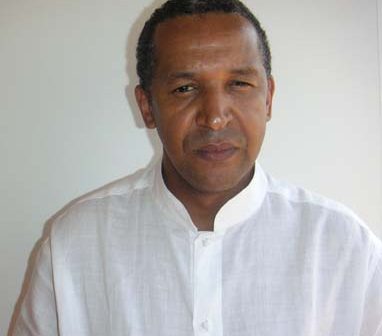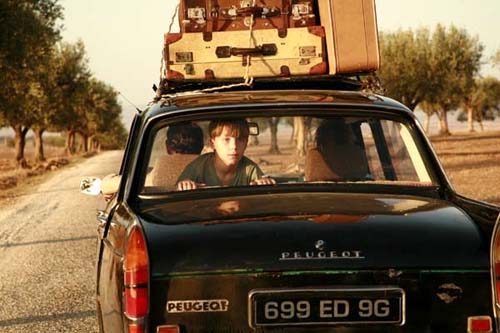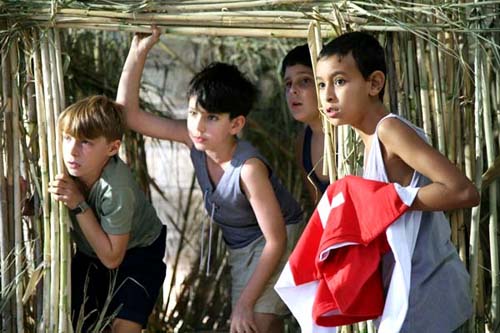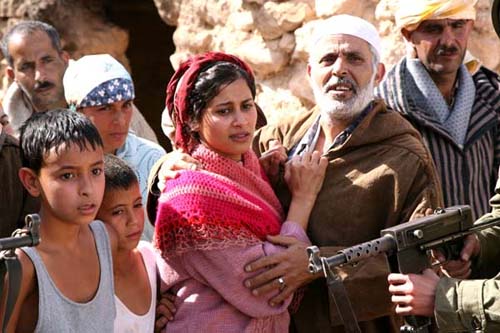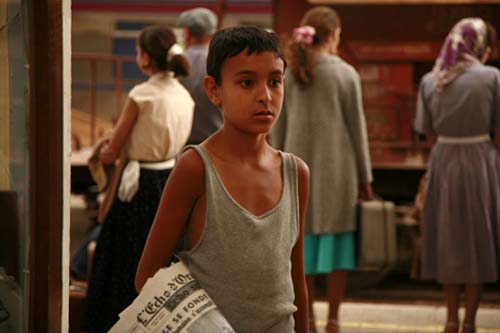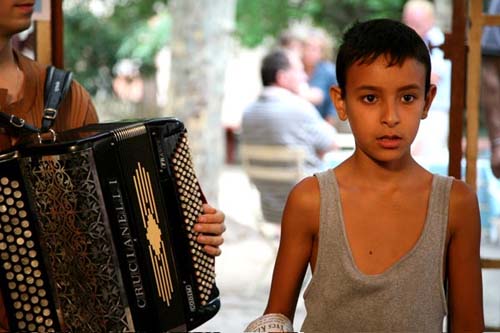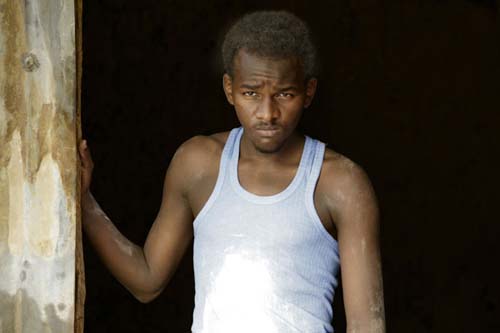Cinéma/TV
Interview with Lee Isaac Chung by Olivier Barlet
Lee Isaac Chung, good morning. We are in Cannes for the 60th edition of the Festival. This is your first feature film; you have been selected in a very official competition. What are your impressions? It’s always been a kind of dream to play at this festival so I’ve always elevated it quite highly. A lot of my heroes have played here. But at the same time, coming here is interesting to see both sides of the Festival, to absolutely fall in love with the films but also to see this side of glamour that I wasn’t necessarily prepared for.…





